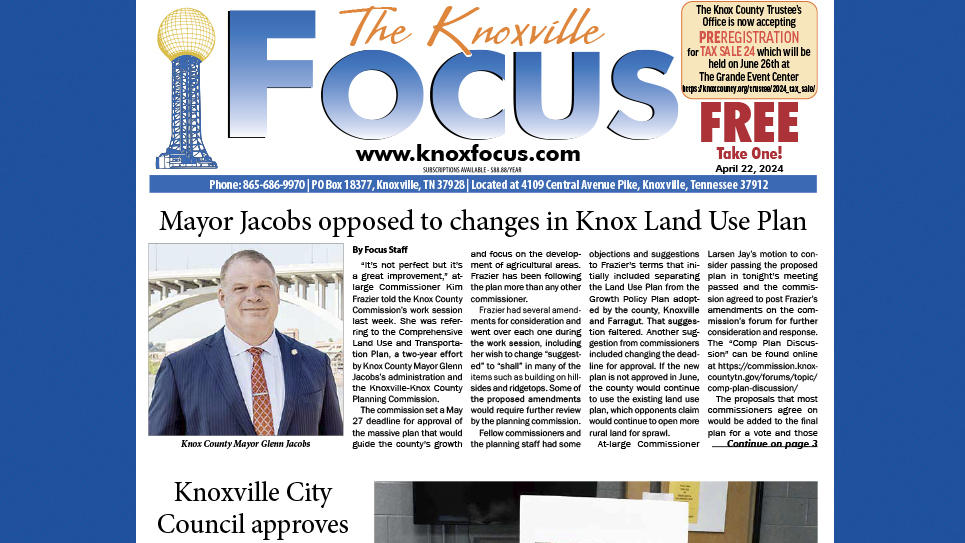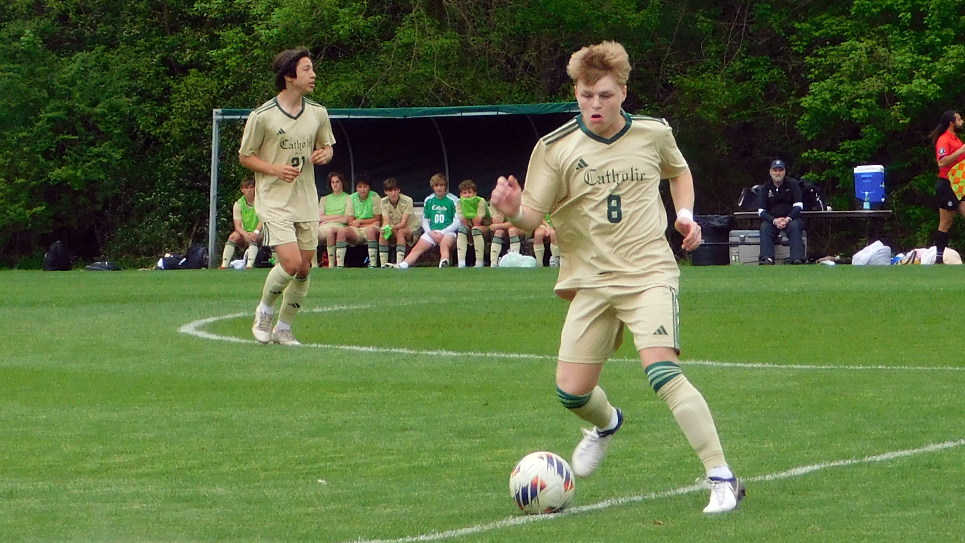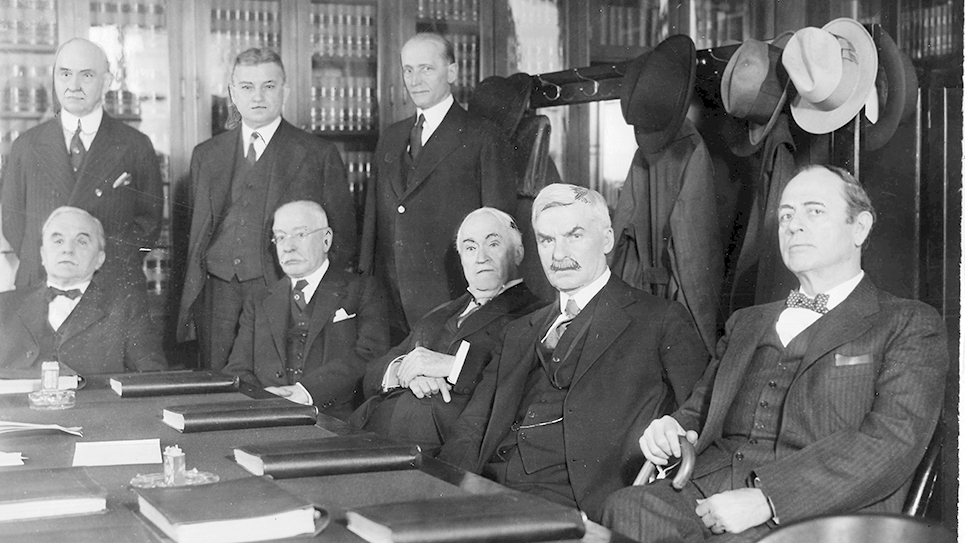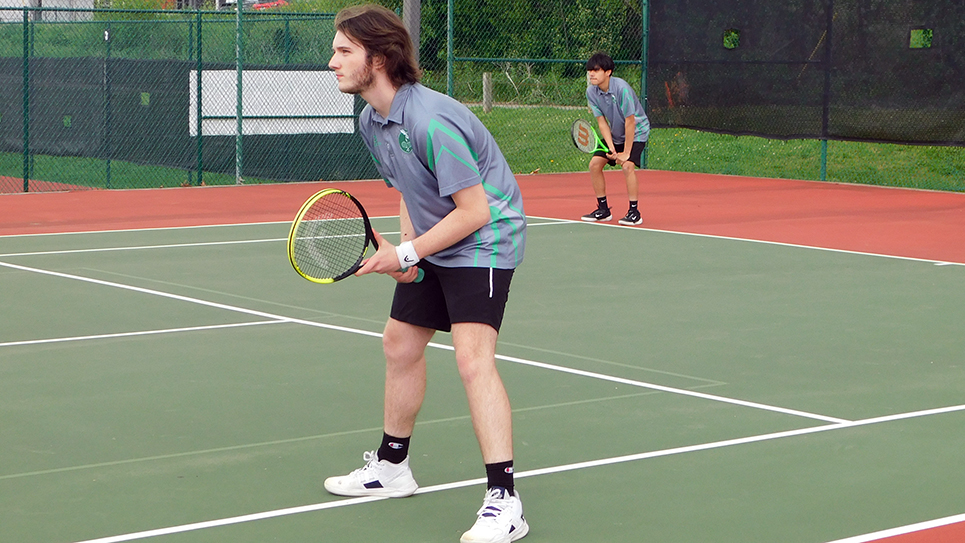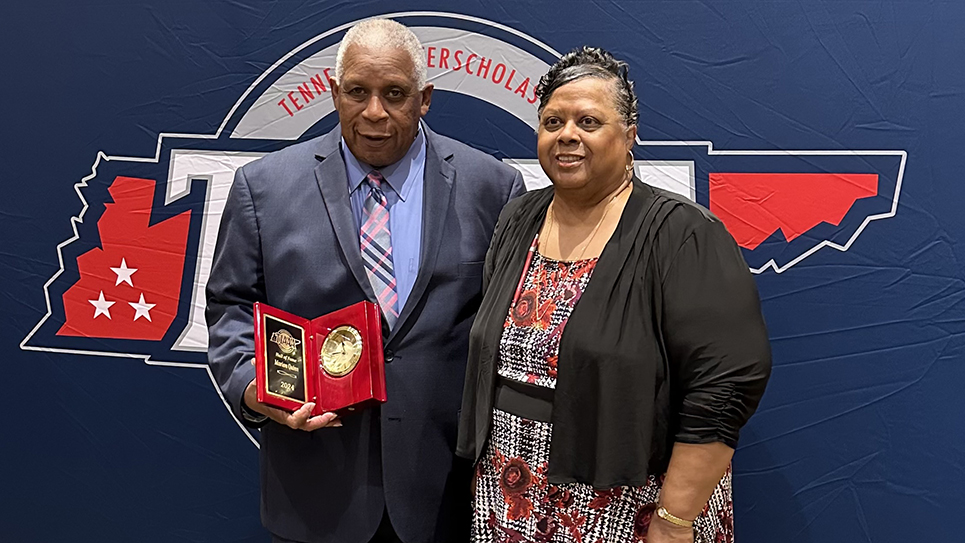By Alex Norman
From time to time we like to catch up with the proverbial movers and shakers in the world of sports. Recently we had the chance to trade emails with Jeff Pearlman, one of the best authors in the country. Pearlman’s latest work is “Showtime: Magic, Kareem, Riley, and the Los Angeles Lakers Dynasty of the 1980s.” ($30.00/Gotham Books)
Alex Norman: Reading the story of Jack McKinney, the Lakers coach that was seriously injured in a biking accident early in the 1979-1980 season, is heartbreaking, and it changed the Lakers franchise forever… yet few know his story. Is he one of the great “What if’s?” in American sports history?
Jeff Pearlman: Absolutely. He’s such a “what if” that very few people know he’s a “what if.” Which is quite a “what if.” Truth is, had he not gotten on the bicycle that day, I believe McKinney goes down as an all-time great NBA coach, and is recognized universally as the godfather and brainchild of Showtime. And Pat Riley stays in the broadcast booth.
AN: Did Kareem Abdul-Jabbar s surly nature take away from how history has remembered him?
JP: Probably. It’s weird, how when people think of the all-timers, they always include Jordan, Kobe, Bird, Magic, Shaq, Wilt—but rarely Kareem. And he may well be the greatest all-time player, especially if you incorporate his time at Power Memorial HS and UCLA. But he treated people like #&%$. That stuff sticks.
AN: A.C. Green is a very religious man. How did he deal with life in the NBA and especially life on the 1980’s Lakers, which had their share of “extra-curricular” activities?
JP: Well, he started off being openly dogmatic, but when guys tuned him out and became irked by it, he dialed back the Jesus talk—wisely. The thing is, not everyone was having sex on the road. Most? Probably. But not everyone. So A.C. just stuck to his convictions. Something he’d done his whole life. He’s an admirable cat.
AN: When I read your books (1986 Mets, 1990’s Cowboys, 1980’s Lakers) I always wonder about how those teams/athletes would have been thought of in the social media age… there’s no way the Lakers would have been able to keep their wild moments under wraps today, would they?
JP: They wouldn’t exist. Factually. Couldn’t be done. Twitter. iPhone. Instagram. No chance.
AN: For people that weren’t around in 1991, is there any way to describe the press conference when Magic Johnson announced that he had HIV?
JP: I suppose the thing that comes to my mind is darkness. Just darkness. HIV back then was a death sentence—a long, ugly, shrivel-up-and-get-lesions-all-over-your-body death sentence. If you’d asked people back then whether they’d rather get HIV or die in a car accident, I’m guessing 10 of 10 take the car. It was THAT certain—you’d die, you’d die awfully. So that’s where we were, and that’s what America thought it was staring down.
AN: Today many NBA players grow up together playing AAU ball… they are very friendly. The 1980s Lakers/Celtics rivalry wasn’t a friendly one. How much did that mutual dislike and the competitive battles in 3 NBA finals help grow the sport?
JP: Oh, it was huge, because it was insanely captivating and made for great TV. My mom and dad know absolutely nothing about sports. When I say nothing, I mean if you lined up Lawrence Taylor and Reggie Jackson and asked, “Who’s who?” they’d probably flunk. However, they knew Bird-Magic, Magic-Bird, Celtics-Lakers. Everyone did. It was tense and close and heated and raw and awesome.
AN: Out of those 5 NBA championship teams, who is the most underrated of the Lakers players?
JP: Probably Jamaal Wilkes, even though he was inducted last year into the Basketball Hall of Fame. He was an insanely talented player who did everything well and possessed the most beautiful shot most folks have ever seen. But, even after having spent 2 1/2 years on the Lakers, I still forget about him from time to time. Which is shameful—because he was dazzling.
AN: Who was the most interesting person you interviewed for this book and why?
JP: Maybe Jeanie Buss. Really smart, no airs, no ego, lived the era, great storyteller.

